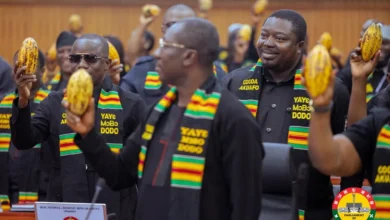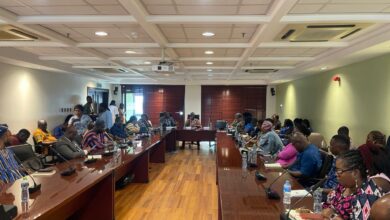When cheers speak louder: Youth frustration signals a shifting tide in African politics
When cheers speak louder: Youth frustration signals a shifting tide in African politics

At the inauguration of Ghana’s President John Mahama at the Black Star Square, in Accra on January 7, 2025, an unexpected moment stole the spotlight. When the name of Burkina Faso’s Head of State’s name Captain Ibrahim Traore, was mentioned, the gathering, especially the youth, erupted into resounding cheers. This reaction was far from ordinary—it was a message laden with deeper meaning for the political landscape of Africa.
The enthusiasm for the Burkinabé leader reveals an undercurrent of frustration and disillusionment among the continent’s youth with traditional governance. Many leaders have failed to address the pressing needs of their populations especially the youth on the African continent. Issues like corruption, unemployment, poor infrastructure, and a lack of transparency have created a fertile ground for dissatisfaction. For young people, who bear the brunt of unemployment and limited opportunities, the status quo is no longer acceptable.

Burkina Faso’s military regime, like others in Africa, has been controversial, but it has also been seen by many, especially the youth as a necessary disruption of ineffective systems. The cheers at the inauguration may not necessarily endorse military rule but rather highlight a longing for leadership that is bold, responsive, and willing to challenge the status quo. For the youth, military leaders who overthrow unpopular regimes may symbolize hope for a more accountable and people-centered leadership.
This moment serves as a cautionary tale for African leaders. The message is clear: governance that ignores the aspirations of its citizens, especially the youth, risks losing legitimacy. Leaders must therefore and as a matter of urgency prioritize the needs of their populations, addressing systemic failures and creating opportunities for growth and development.
The cheers for the Burkinabé leader are more than a moment of applause—they are a signal of the shifting tides in African politics. For leaders across the continent, the question is whether they will heed this call for change or continue down a path that risks alienating their most critical stakeholders: the people.




